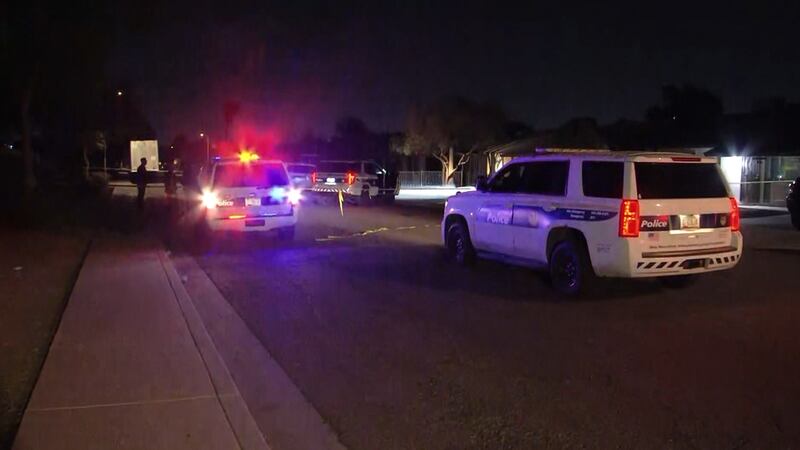Former FAA manager talks about his personal 9/11 experience
PHOENIX (AZFamily) — “We are under attack.”
Mike McCormick, a former manager at the Federal Aviation Administration, believes he is the first one to utter those words on the morning of Sept. 11, 2001.
At the time, McCormick was one of the few people to realize a second plane had been hijacked, just minutes after a plane flew into the North Tower of the World Trade Center. On that day, McCormick was managing the FAA’s New York Center airspace.
Over the next days, months and years, he has worked tirelessly to make our skies safer in his role with the FAA. In fact, it’s something he still does as an assistant professor of air traffic management at Embry Riddle.
“I think that on September 11th, I will always go back to that time when those unfortunate and evil attacks on our country using aviation, something that I love so dearly, as weapons against our country,” McCormick said. “And it saddens me, but at the same time, I’m also enlightened by how our country came together after that tragic day.”
There were moments during the attacks when air traffic controllers couldn’t reach pilots, then they heard the hijackers talking on the radio. McCormick said he remembers all the details of the moment.
“At 8:42 in the morning is when I received a text message about a possible hijack of American 11 over Albany and the flight 3310 southbound, so I knew the aircraft would enter the New York Center airspace very shortly, and we immediately found what’s known as a primary radar target on our display,” he recalled. “And we started tracking that radar target, and we flew other aircraft over and around it to get a visual reference on it. So we knew it was, in fact, an American Boeing 767, and we knew it was descending. So we knew it was headed toward the New York metropolitan area.
“One of the unfortunate things that happened is United 175, which was the second aircraft that was hijacked, was actually helping us in identifying American 11 and had relayed to us that radio transmission that they had heard on the Boston Center frequency of the hijackers then.”
McCormick made the important call to shut down the New York City airspace, which was a difficult decision to make.
“I think probably the most helpless that I felt was after United 175 was hijacked and was heading toward New York City, I knew that target was the World Trade Center, that there would be a one-two punch, and I attempted for 13 minutes as I watched United 175 head toward the World Trade Center to contact higher-level authorities to let them know that there was in fact another aircraft involved,” he said.
“Unfortunately, I couldn’t get through in that time. I kept being put on hold because everyone was busy dealing with the first aircraft that hit the World Trade Center towers without knowing that in fact, more was going on. So it was frustrating for me not to be able to relay that and to take more immediate action as a result of the second aircraft.”
See a spelling or grammatical error in our story? Please click here to report it.
Do you have a photo or video of a breaking news story? Send it to us here with a brief description.
Copyright 2024 KTVK/KPHO. All rights reserved.










